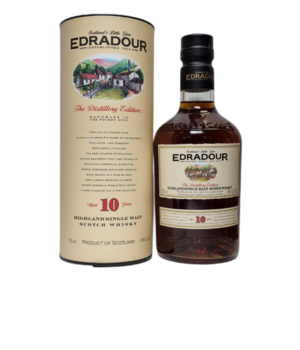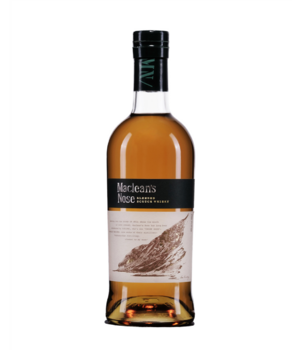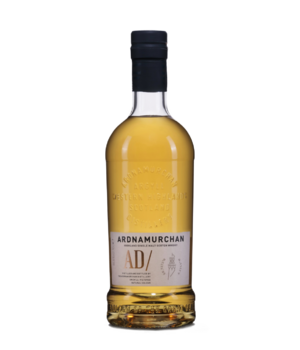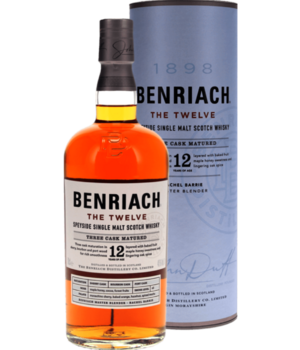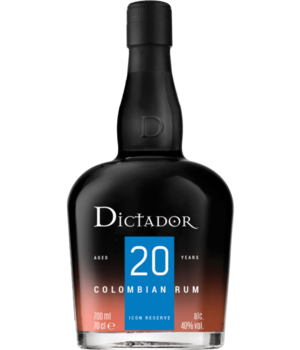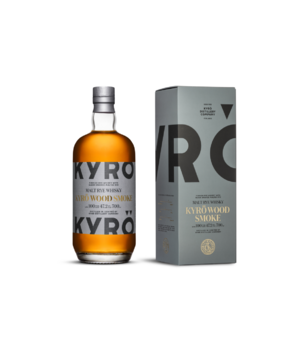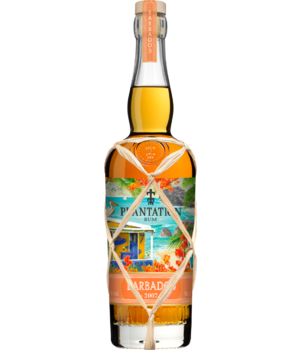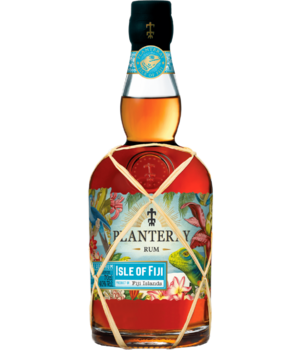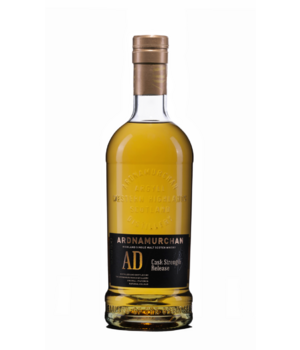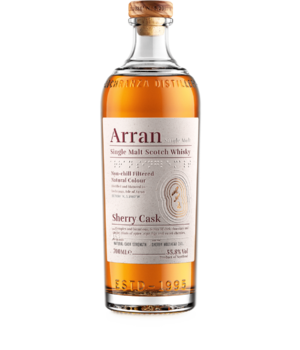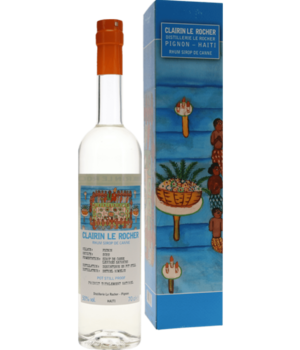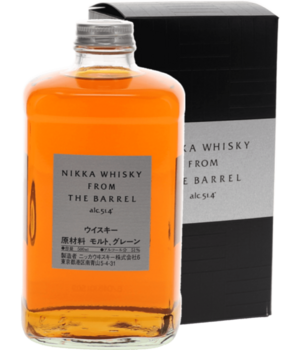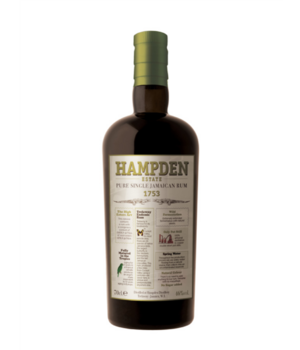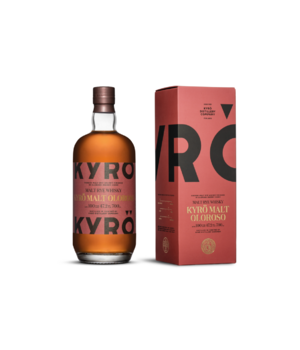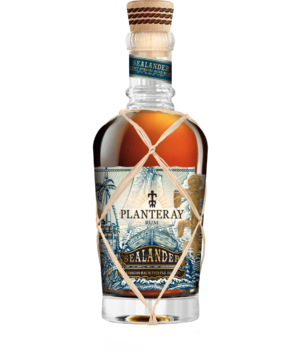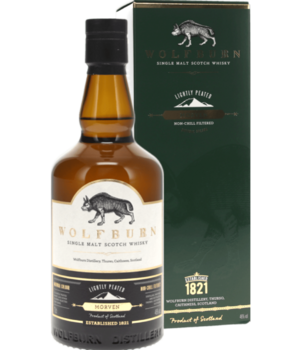
When we talk about a spicy character, the link is quickly made to Spiced Rums. But did you know that whisky can also have a spicy character?
If you have ever enjoyed a whisky with hints of cinnamon and cloves or a rum that reminds you of gingerbread and warm spices, then you are familiar with the magical world of spicy drinks. In both whisky and rum, herbs and spices add an extra layer of complexity and warmth that is perfect for the cold months. But how are these spicy flavours created? Let's unravel the secret behind these aromatic drinks.
Spicy whisky: from cask to glass
The spicy notes in whisky are mainly created during the maturation process in oak barrels. Several factors play a role here:
-
Wood type and barrel use
The choice of barrel has a huge influence on the flavour. American oak often produces notes of vanilla and soft spices, while European oak has a more powerful profile with notes of cloves, cinnamon and nutmeg. Sherry casks are notorious for their rich, spicy character and add extra layers of dried fruit and spice to the whisky. -
Distillation process
The shape and size of the stills play a role in the intensity of the spicy character. Distilleries that distil slowly or use smaller stills retain more complex aromas, including spice. -
Region influence
Spicy whiskies are often associated with regions such as the Highlands and Speyside, where distilleries experiment with both cask types and malt varieties. Think of whiskies like Glenfarclas, Aberlour or Dalmore, which are known for their rich, spicy expressions.
Spicy Whisky tasting notes
- Cinnamon, cloves and black pepper
- Dried fruits such as figs and plums
- A touch of ginger and honey
Spicy rum: where craft and spices come together
Spicy rum is a broad term that includes both natural spiced rum and spiced rum. Spicy notes can arise in two ways:
-
Natural spiciness through ageing
As with whisky, much of the spicy flavours in rum are created by ageing in oak barrels. The longer the ageing, the richer and more complex the flavours. In tropical climates, rum matures faster, resulting in intense notes of cinnamon, cloves and nutmeg. -
Spiced rum: added spices
In spiced rums, herbs and spices are added directly to the rum. Think cinnamon, vanilla, star anise, cardamom and even orange peel. This makes spiced rum accessible and versatile, perfect for cocktails or to drink pure with ice. Well-known examples include Sailor Jerry, Kraken and Chairman's Reserve Spiced.
How Is Spiced Rum Made?
-
Base rum select
Usually a lightly matured rum is used as a base. This already has a subtle sweetness and body. -
Spice maceration
The selected spices are added to the rum and given time to release their flavour. This process can take several weeks to months, depending on the desired intensity. -
Blending and finishing
After maceration, the rum is filtered and sometimes lightly sweetened to create a harmonious flavour.
How do you drink spicy whiskies and rums?
These drinks offer endless possibilities to enjoy:
- Pure or with an ice cube: Ideal to fully experience the complexity of the spices.
- Cocktails: Add a spicy twist to your favourite cocktail. Think of a Hot Toddy with spicy whisky or a Dark 'n' Stormy with spiced rum.
- Foodpairing: Pair spicy whisky with cheeses such as blue-veined cheese or hard cheeses, and spiced rum with dishes with caramel and chocolate.
The magic of spices in your glass
Spicy whiskies and rums bring warmth and depth to every sip. They tell stories of barrel ageing, spices and tropical climates, and are an invitation to experiment and discover new favourites. Whether you choose a spicy Highland whisky or a lively spiced rum, your glass will be full of history, craft and, above all, flavour.
Buying spicy whisky or spiced rum, where do you start?
Below we have already made a nice selection of all our drinks for which our experts have established a flavour profile for which the Spicy section contains at least a 2. So you will end up with fairly to very distinctively spicy spirits that will make your taste buds explode.


